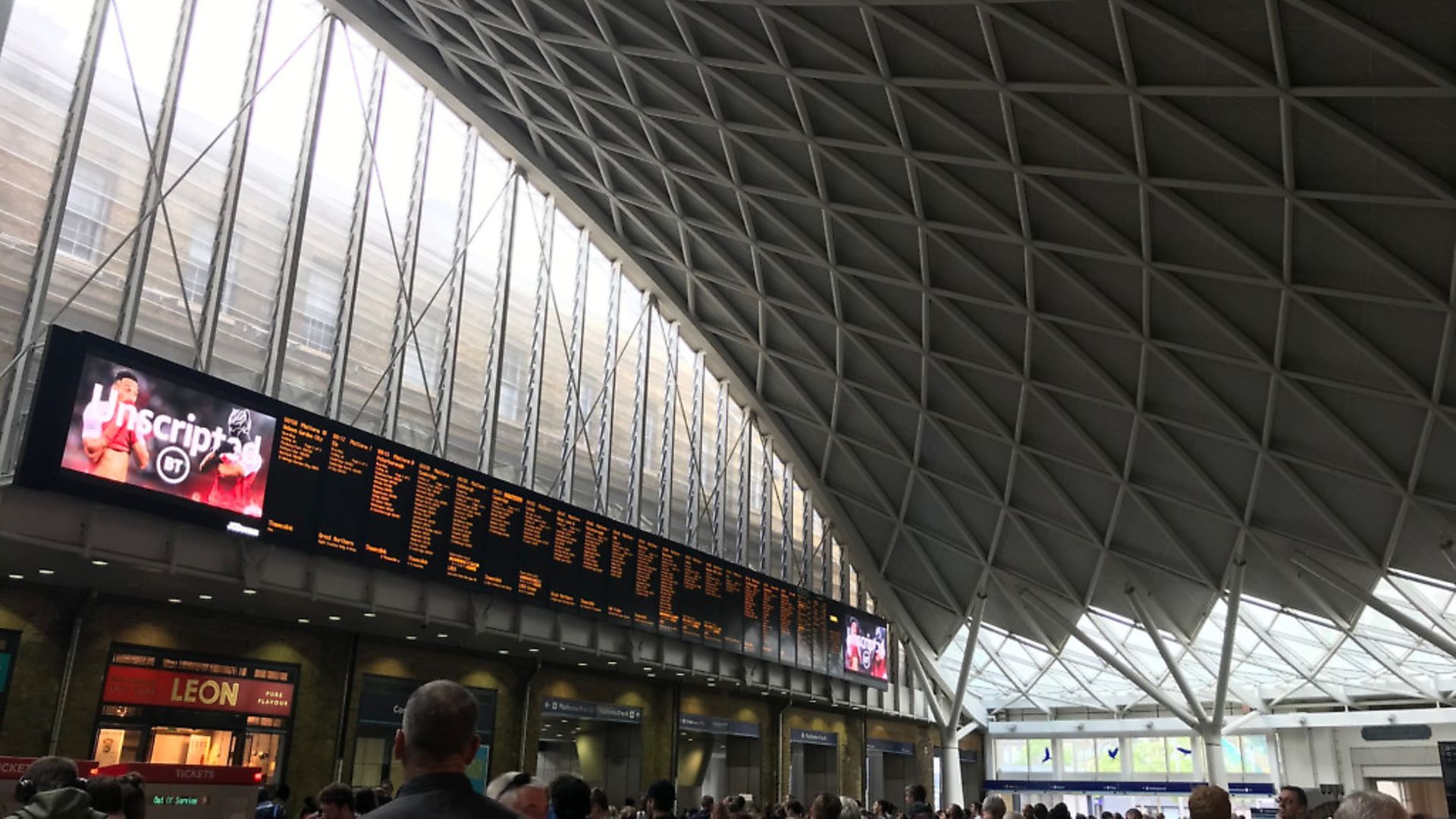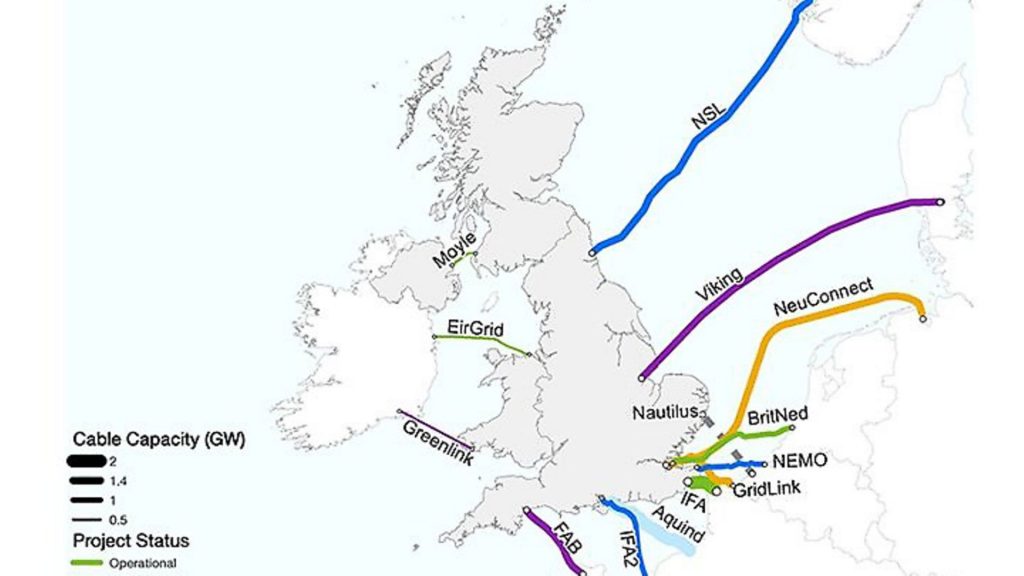
Friday evening’s power cut brought a lot of England and Wales to a standstill. Consultant and former academic ELWYN LLOYD JONES says without the support of the EU it could become a more regular occurrence.

The power cut (managed load shedding) of Friday 9th August has left many people confused and looking for someone to blame. It was only a short break. As we use more renewable sources (which tend to be unschedulable), and reserve generation (which are often fossil fuelled) become rarer, we can expect incidents like this to become more frequent. We just have to learn to live with them, but so too do big companies, institutions and agencies. Many of whom already have battery back-up and stand-by generators so that their customers will not be impacted.
Most people from around the world have learned to live with some sort of load shedding. The technology does exist to enable every household to use less energy and to invisibly shed non-essential loads and help the nation back onto its feet, but little is available in the UK. However, if your house is cut-off for a significant length of time (more than 12 hours), you are entitled to compensation (contact the Citizens Advice Bureau). Certainly it would be a worthy campaign to shorten the qualifying cut-off period across the EU – one should at least get a refund of your standing charge. After all, freezers defrost in less than eight hours, after which the contents should be thrown away!
Among the bigger organizations, the railways seem to have been the least prepared. They’ve had problems with signalling, operating procedures, time-table disruptions, and inadequate stand-by generation. Travellers who experience significant delays are entitled to compensation under EU passenger rights rules which have recently been improved in the travellers favour.
The National Grid is slowly working with our EU partners and neighbours in building interconnector capacity as part of the EU super grid programme. This diagram from the Crown Estate shows how dependent we are on our neighbours for stabilizing our electricity supply. As we become greener, this interdependency is going to become ever more important.
When the interconnectors are installed, their use will still depend on operational needs and good-will of the participating parties. It is clear that in the event of an extreme and wide-spread electricity black-out or energy shortage (as some suggest could occur due to a large CME event). That someone would have to rise to the occasion and adjudicate how energy resources should be rationed. It is clear that the EU would be the only body with sufficient authority in such an event.
– Elwyn has in-depth work experience within the National Grid as well as on energy consulting contracts in Qatar, Ethiopia, Eritrea, and Cyprus as well has helping Romania raise its energy trading standards up to a level acceptable to joining the EU. He is currently working on charitable and energy initiatives in Uganda, South Africa, and Afghanistan.










